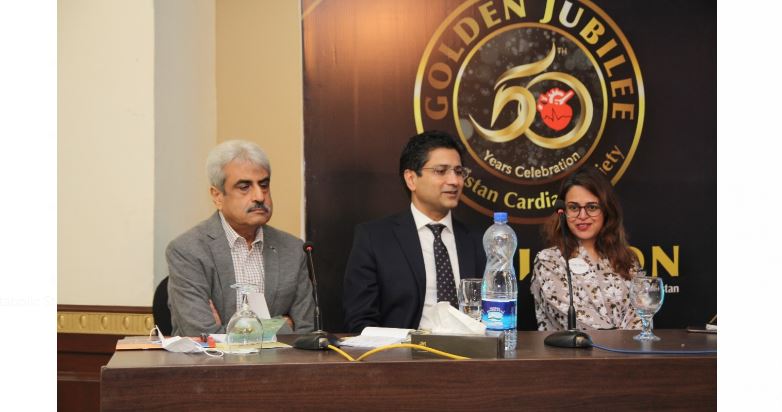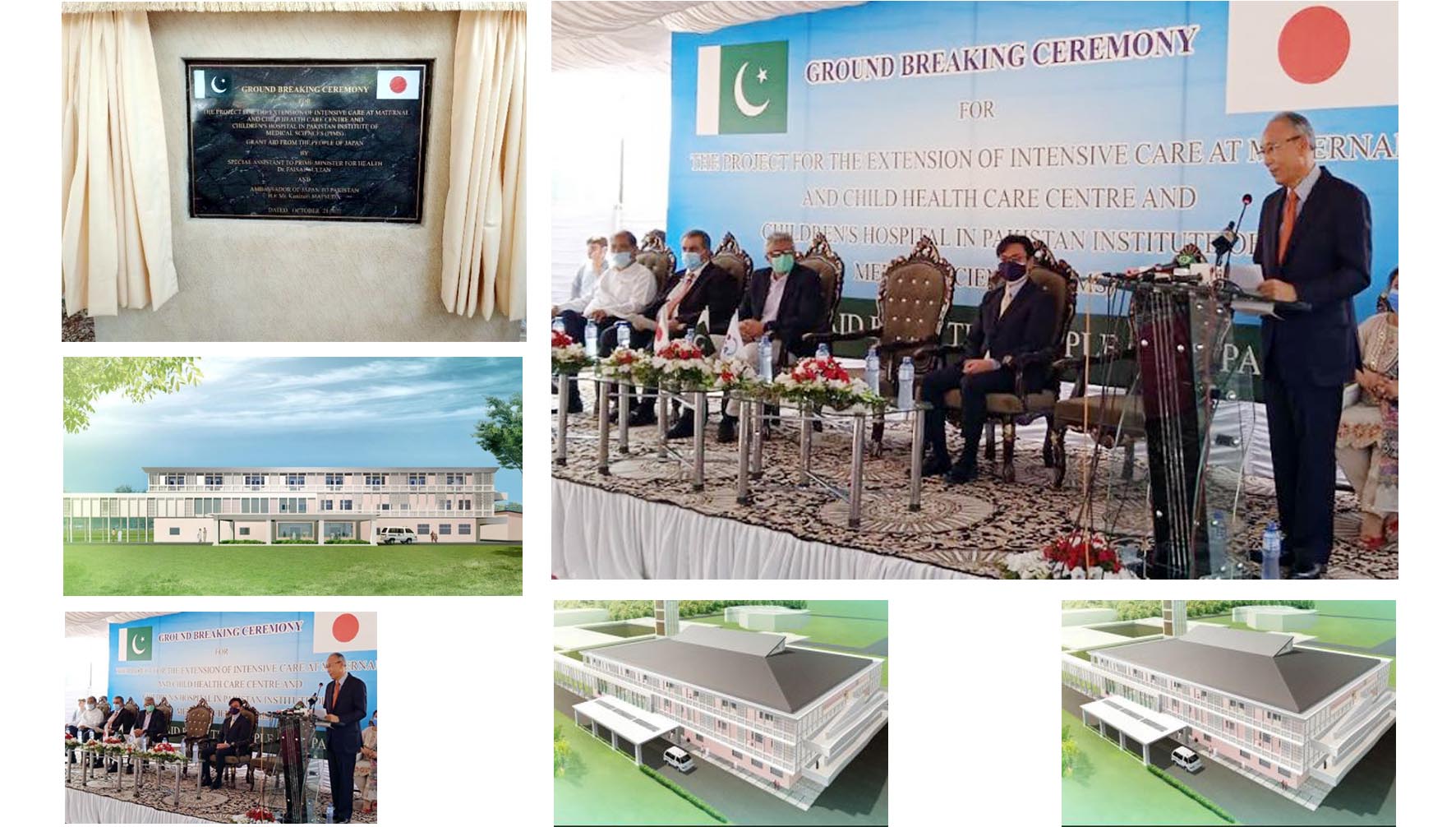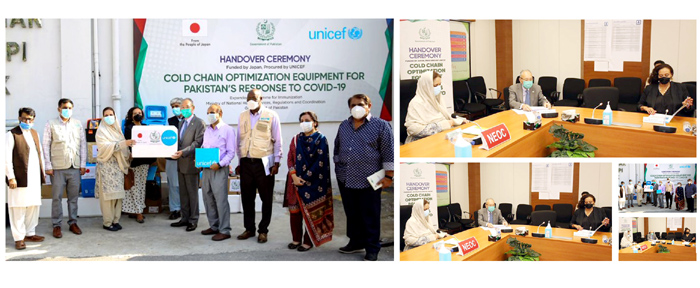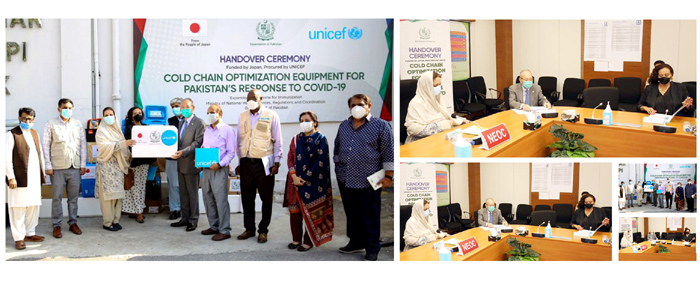ISLAMABAD, OCT 21: Cold chain
optimization equipment worth USD 6.59 million funded by the Government of Japan
and procured through the United Nations Children’s Fund (UNICEF) for enhancing
national capacity to store COVID-19, was today handed over to the Government of
Pakistan.
The Parliamentary Secretary on
Health, Dr. Nausheen Hamid received the cold chain equipment from the
Ambassador of Japan, MATSUDA Kuninori, in presence of the UNICEF Representative
in Pakistan, Aida Girma, at a ceremony held in the National Emergency Operation
Centre, Expanded Programme for Immunization (EPI).
“We greatly value the significant
contributions made by Japan during the last 70 years of its diplomatic
relations with Pakistan,” said Dr. Nausheen Hamid. “Over the years, our two
countries have partnered in various sectors including health, education, power
and many other. I affirm our strong desire to further deepen and broaden our
bilateral ties with Japan.”
“The Expanded Programme for
Immunization in Pakistan has a strong cold chain system that is considered the
backbone of the programme as it handles and stores massive quantities of
vaccines inclusive of all kinds of COVID-19 vaccines.
It is, however, important to know
that the cold chain system can be risky in countries which have extreme
temperatures and the power supply is unreliable. I am grateful to the
Government of Japan for providing this cold chain optimization equipment for
vaccine storage and ensuring quality check as it would definitely strengthen
our existing system,” she added.
The equipment procured through
funds from Japan, include power generators, voltage regulators and temperature
monitoring devices which will enhance vaccine storage capacity of EPI,
especially at provincial and district level where power outage and voltage
fluctuation is frequent.
The new equipment would help to
ensure optimum temperature control at storage facilities thus maintaining the
efficacy of the Covid-19 vaccine.
Japanese funds will also be used
for strengthening the capacity of health care staff to handle the cold chain
equipment.
Japan has extended a total of
$23.5 million grant assistance to Pakistan for its counter-COVID19 measures
including provision of hygiene items, medical equipment, and training of health
care staff.
Speaking at the event, Ambassador
MATSUDA stressed that Japan has prioritized the health sector as part of its
development cooperation policy for Pakistan for decades, including Maternal
& Child Health, Polio Eradication, Routine Immunization and
Counter-COVID-19 measures.
He expressed his hope to open a
new area of cooperation in the future partnership between Japan and Pakistan in
the health sector, suggesting that tackling diabetes could be one of the
candidates.
“I am looking forward to seeing a new chapter
added to the friendship between Japan and Pakistan on the occasion of the 70th
anniversary of the establishment of diplomatic relations between the two
countries next year,” the ambassador said.
As part of COVID 19 pandemic
response UNICEF has been assisting the Government of Pakistan in procuring
CoVID-19 vaccines through the COVAX facility.
It has also procured cold chain,
laboratory and personal protective equipment and handed over to the Ministry of
National Health Services, Regulations and Coordination.
“Today’s ceremony reinforces the
high level and longstanding support of the Government of Japan to UNICEF in its
efforts to procure vaccines and essential equipment for strengthening
immunization services in Pakistan,” said Aida Girma, UNICEF Representative in
Pakistan.
“May it be routine immunization
or the large-scale COVID-19 vaccination drive, storage of vaccines at optimum
temperature is essential to maintain their efficacy and effectiveness.
The cold chain support equipment
being handed over to the Ministry of National Health Services, Regulations and
Coordination today, will help in making vaccines available to people across the
country, especially the marginalised and those living in hard to reach areas, Ms.
Girma said.”
--------------------------------------------------





